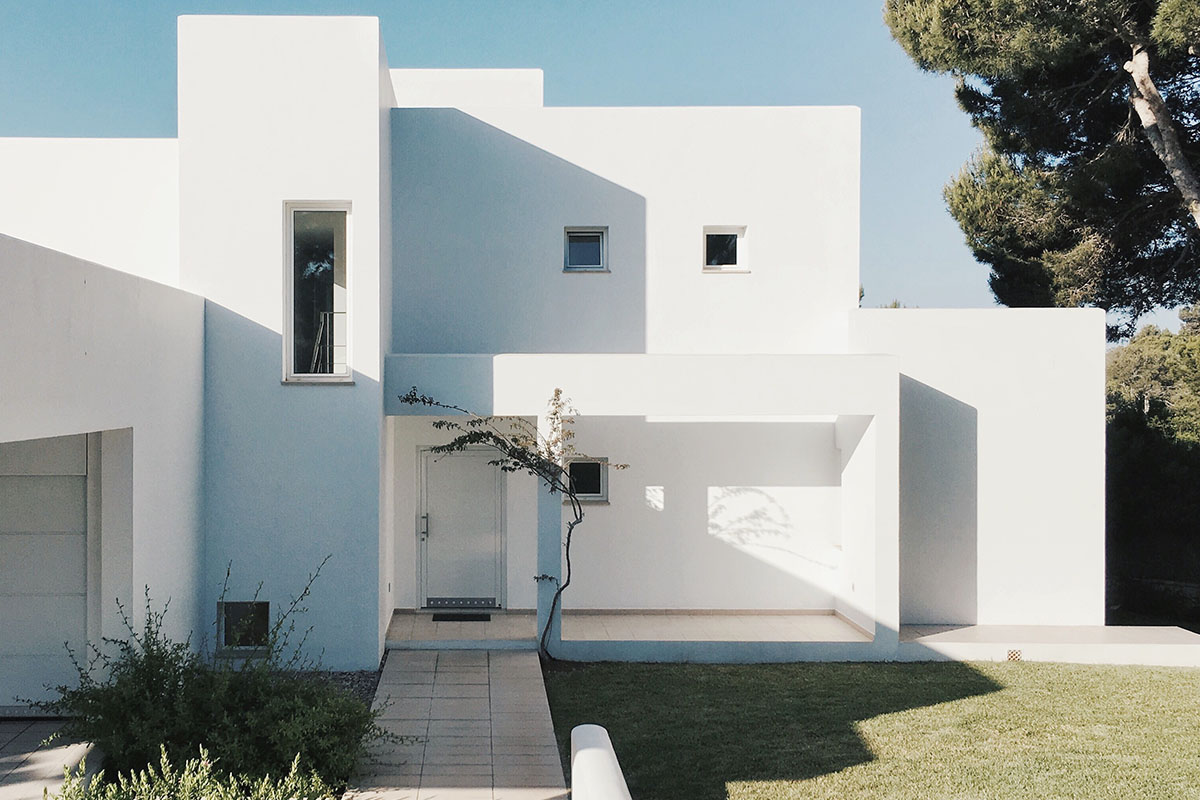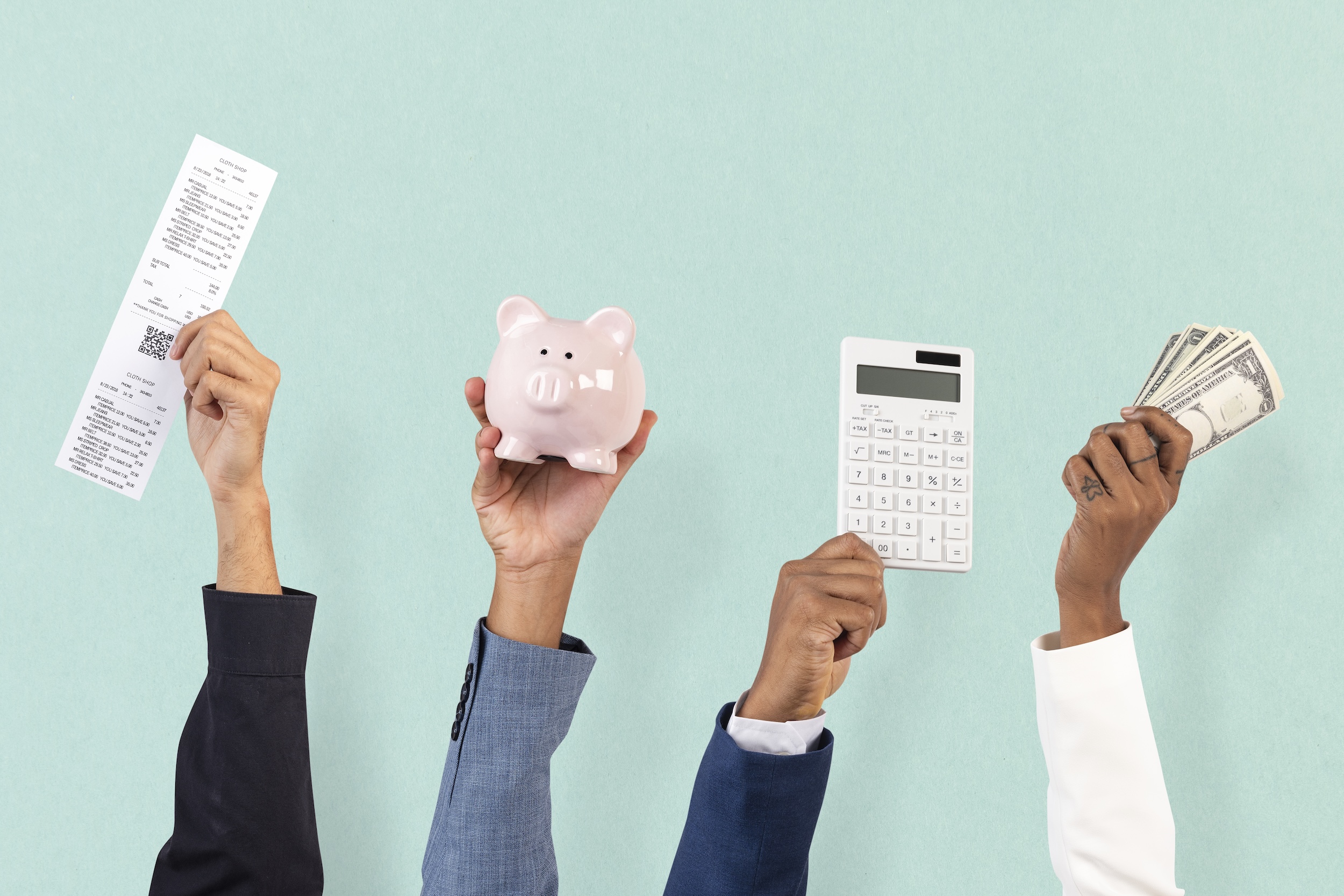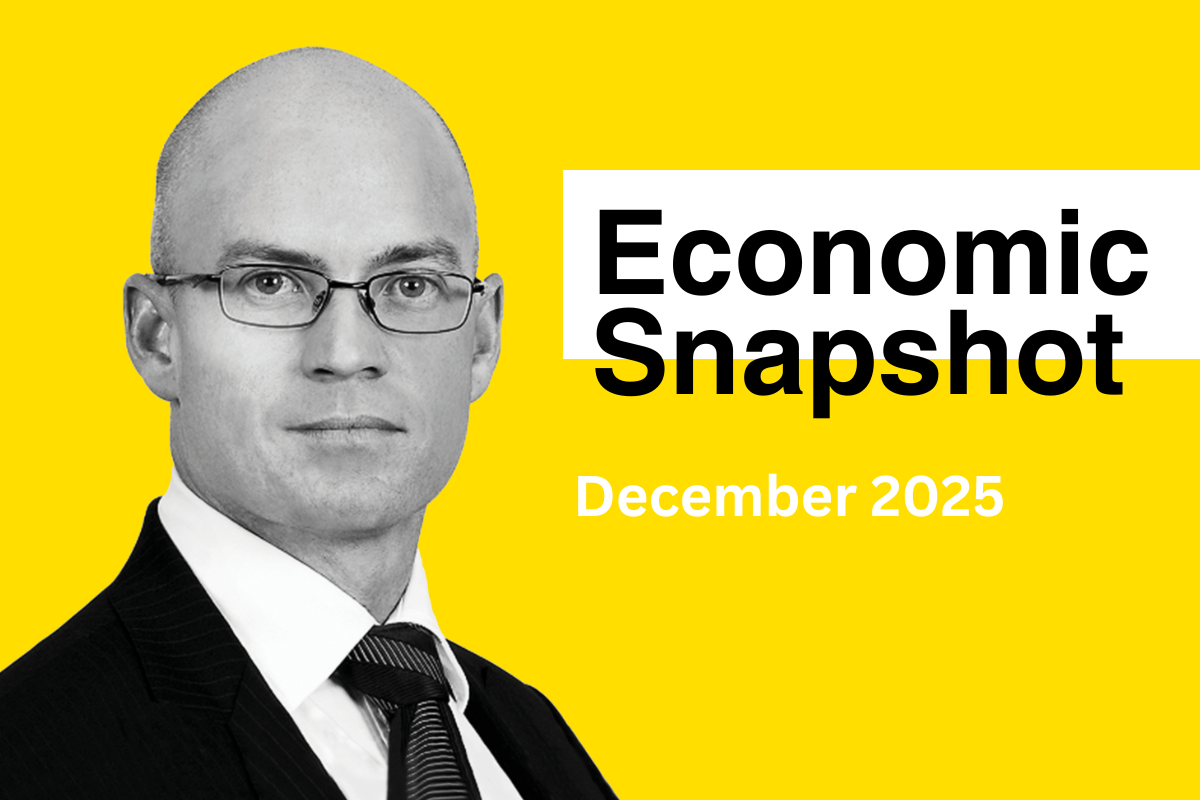
Properties in several regions have sky rocketed since the surge of Covid, and the long lasting debate between renting and buying is back in the centre of attention.
The numbers speak for themselves: the average loan for first home owners in June this year went up to $515,000, a significant raise comparing to the $444,000 average loan in July last year. It is no surprise since the median house price in Sydney when up by 24% in the same period!
This market situation, added to the pandemic measures to keep Australia safe have put a great deal of pressure on young professionals: prices won’t allow them to buy in the areas they were aiming for before the boom, and travelling or even moving around Australia before settling down has become a bit of an ordeal.
The dead money discussion
We’ve all heard someone (usually a relative) say that renting is waste of money, since it’s not going into a mortgage or investment property, it’s just a momentary solution.
However, there’s more than one side on a Rubik’s cube. Renting might feel like paying off a stranger’s mortgage, but the interest charged on your home loan is dead money as well with that mindset. Let’s not forget of stamp duty, council rates, body corporate fees, home insurance, repairs, bills, etc. The general rule says that most home owners have higher monthly housing expenses than the average renter.
We could even say that, when comparing both categories, the renters get a surplus of extra cash they can put to work in short or long-term investments, for example. The motivated savers could venture their capital into high growth assets and potentially reach the same wealth levels as the home owners.
But given the current situation, renters could still loose the race in a constant booming housing market where interest rates are low. Either way, it seems like investing in shares has done marvels for many savvy Australians.
What about reinvesting?
A great compromise is to buy an investment property you can afford while renting in the neighbourhood you love. It’s a great way to dip your feet in the market and have the potential benefit of any capital gain you might get over time, although it isn’t risk free.
Make sure you can afford to meet repayments, since interest rates will potentially rise and you’ll have to face higher monthly repayments with you current level income.
In all cases, the final decision will probably come to the type of life and family you’d like in the next stage of life and your personal circumstances.
The key message is, if you’re priced out of the market or don’t have a lifestyle suited for home ownership and are scared of falling behind financially, taking what you save by renting rather than having a mortgage and putting it into smart and reliable investments can take you a long way.
Source: Really Simple Money
Latest News Articles
Back to Latest News
What a Financial Plan Actually Looks Like

Realistic Budgeting Tips for Australians in 2026


